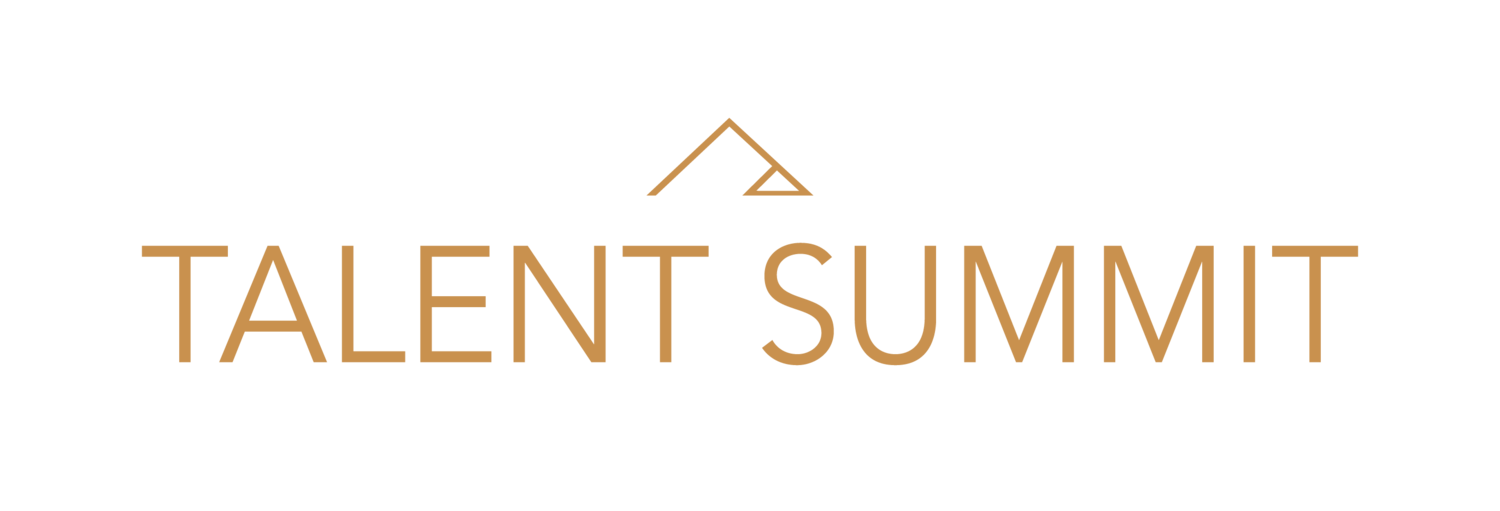We’re All Out of Date!
By Mike McDonagh, Director, Sigmar Recruitment
By the time I’ve finished writing this article, it’ll probably be out of date, such is the pace of change in the world of business these days (not least HR and recruitment). Change, turmoil, transformation, evolution, revolution… pick whatever word you like, one thing is certain, we shouldn’t be rigid in our approach.
So, what should we be looking at in the world of HR and recruitment? There’s a whole smorgasbord of options here, but let’s stick with AI, remote/flexible work, ESG and the recent “tech-wreck”. And heads up… not is all as it seems. Nothing, alas, is straightforward.
AI is here to stay, or even takeover?
Yes it will streamline recruitment processes, allowing agencies and companies alike to manage large volumes of applications and better match individuals to roles. But it turns out that bias and discrimination has been spotted in AI driven processes. ‘Machine Learning’ does not happen in a vacuum, we need to be careful what we code for.
The remote/flexible work conundrum
This is going to give you a headache too! Very few organisations are mandating that all staff should be in the office all the time. Where possible, flexibility seems to be the order of the day. But we should be flexible with everyone, right? Yes, of course! Hang on... what about new people to your business… how do they soak up the “organisational juice” that just can’t be delivered via an interactive web training platform? And often it’s the cohort who need to be in to learn, to create social bonds and to bring new ideas that do not want to come in. Many have found a work life balance that suits them but not work. This jigsaw puzzle of property management, learning, culture and productivity has not been solved perfectly by anyone as far as I know.
ESG
I’ve thrown ESG in here as it’s front of mind presently and again it’s bloody complicated. Not least the fact that putting the E, the S and the G together, doesn’t seem to help (for the uninitiated, it’s Environmental, Social and Governance). These 3 factors are all increasingly important in the strategic considerations of any business, but issues lurk in wrapping them together. The fact that businesses (big ones to begin with, but all will have to follow) will have to report on ESG in the not-too-distant future creates more questions than answers. What is measured and how are they measured? Are all numbers equal? Will they be measured to a standard and if so, will the standards vary to allow for company contexts? If the numbers are too broad or vague, will they have any impact at all? Harder to measure impacts will be shunned as companies flock to the easier tick box projects. For example, getting one person into work who is coming from a marginalised group might not seem big (certainly in reporting terms), but the ripple effect of that action could be substantial. That person’s partner, children, parents, friends could all be positively impacted by that example, not to mention the impact that your company might have on your own employees, and their partners, children (as they hear the stories) – this is hard to measure but no less worthy. The compulsion to look for bigger, wider-reaching social projects due to pressure for “reporting” purposes may have unintended consequences.
The “Tech-wreck”
Finally, the recent “tech wreck” is perhaps the most straightforward of all to manage here in Ireland. At the time of writing, thankfully the numbers themselves do not seem that overwhelming – we’re talking thousands of jobs, not tens of thousands. However, again we need to remember that these aren’t inanimate “jobs”, these are our friends, colleagues, family. Aside from the human impact of these people being let go from their roles, the business risk and impact to Ireland is there. We’re fortunate that Ireland has a buoyant, vibrant and growing economy. It would do no harm for us all to mobilise and get every single one of these folks back into work here in Ireland as soon as possible – their brilliant talent and experience should not be lost to other countries.
So, straightforward huh? And I’ve not even touched DE&I, the housing shortage, cost of living, life-long learning or the gig economy. It’s complicated, but this is the picture we in the HR and talent community need to try and make sense of. And then influence our leaders and colleagues to act.

